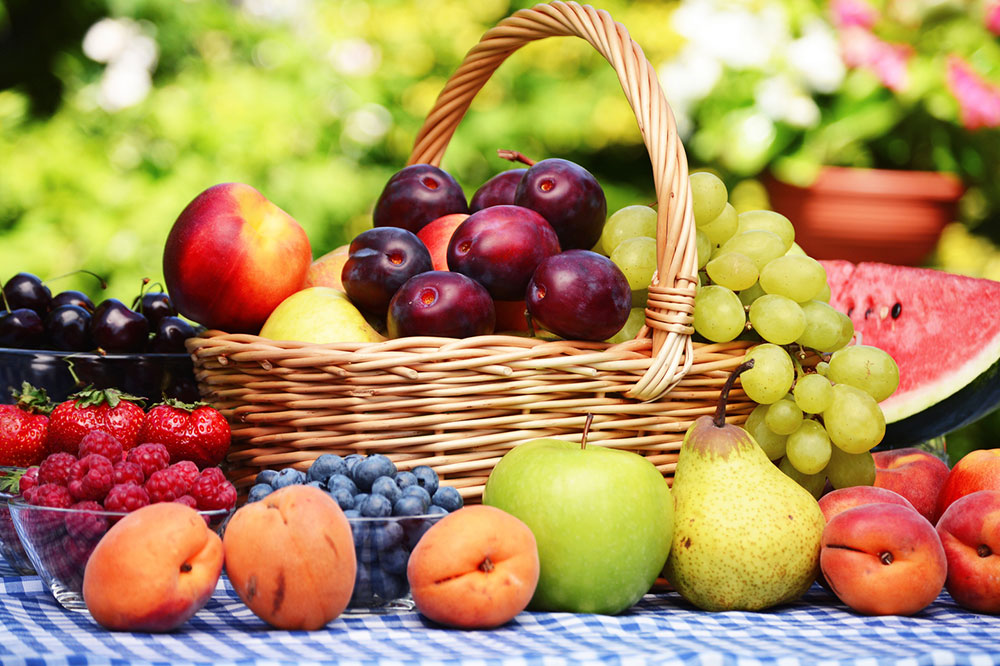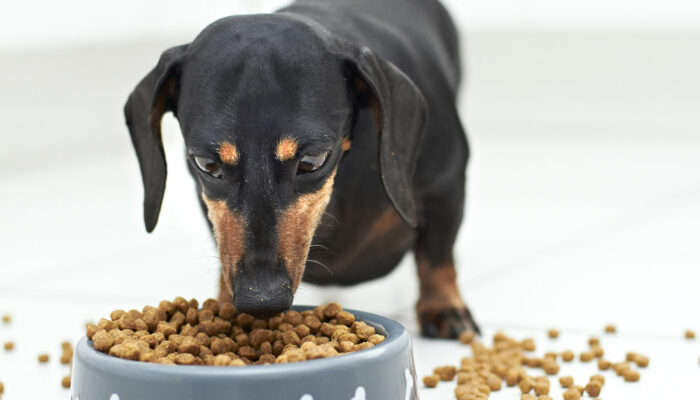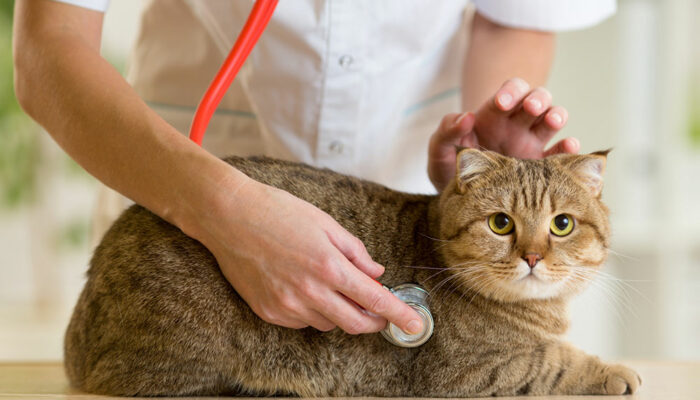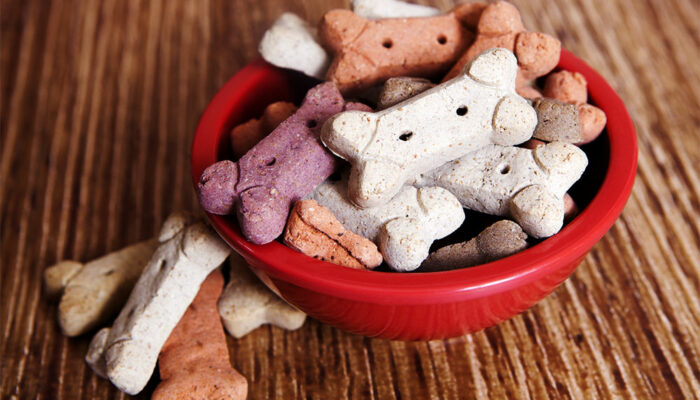
6 Foods to Eat For IBS and Bowel Disease Patients
Irritable bowel syndrome and more serious irritable bowel diseases (IBD), like colitis and chron’s, might be tricky when it comes to diet. A list of foods to avoid might seem endless and worrying. The tricky part is that IBS and IBD does not have a definitive cause but has definitive symptoms. To smartly tackle IBS and IBD, doctors recommend an elimination diet. On the other hand, doctors suggest a number of safe foods that can be consumed during the elimination diet or even otherwise. Most importantly, if you suffer from IBD make sure to talk to your doctor about safe treatments in addition to dietary changes.
To help you, here are six IBS foods to eat to tackle the symptoms of IBS.
1. Vegetables
All cooked vegetables are considered safe to eat except vegetables such as broccoli, cauliflower, and cabbage. These cause gas and bloating in the gastrointestinal system. Cucumbers, sweet potatoes, tomatoes, potatoes, asparagus, olives, carrots, turnips, gourds, spinach, kale, parsley, thyme, rosemary, and basil enhance digestion. Furthermore, they do not cause belching, bloating, or constipation.
2. Grains
Grains and soluble fibers are best and safe to eat to prevent IBS in the long run. However, whole grains such as quinoa, millets, cornmeal, red and brown rice, wheat rye, and rice bran are excellent foods to manage IBS symptoms. Whole grains promote digestion and break down faster and more efficiently than their refined counterparts, which contain a lot of refined carbohydrates.
3. Beans
Beans, lentils, and peas are hard to digest as they contain oligosaccharides. Doctors suggest eating just a handful of beans can increase bulk in stools, preventing constipation. However, the excess can cause bloating and gas in the gastrointestinal system. Dieticians recommend soaking a handful of legumes and lentils per person for over eight hours before cooking. This facilitates quicker digestion and eliminates the formation of gases in the system.
4. Meat and fish
All kinds of meats and fish can be enjoyed. However, eating smaller portions of meat and having a larger portion of vegetables and greens aid in digestion and prevents constipation and bloating in the gastrointestinal tract. Meats, eggs, and fish that are fresh and well cooked are recommended.
5. Spices
Spices such as black pepper, cardamom, cinnamon, and chillies contain antioxidants that prevent cancers and many other diseases. The good news is that spices can be included in your diet; however, one needs to consume chilies in moderation. Foods that are too spicy can aid the digestive system and clear any bloating or gas formation in the gastrointestinal system.
6. Snacks
The safest snacks to munch on are freshly prepared salads, soups, and salad dressings. Avoiding deep-fried, processed foods, and sugary foods. Instead, snacking on fresh and organic fruits or vegetable salads can immensely help manage IBS symptoms. Fruits such as apples, oranges, grapes, bananas, raspberries, strawberries, blueberries, blackberries, and cantaloupes are excellent snacks and make amazing salads.
Note that before making any changes to your diet, consult your doctor to be safe and not aggravate the condition, and about medications to help treat bowel diseases (i.e., Stelara, Entyvio, Otezla, Kesimpta, and Linzess).



